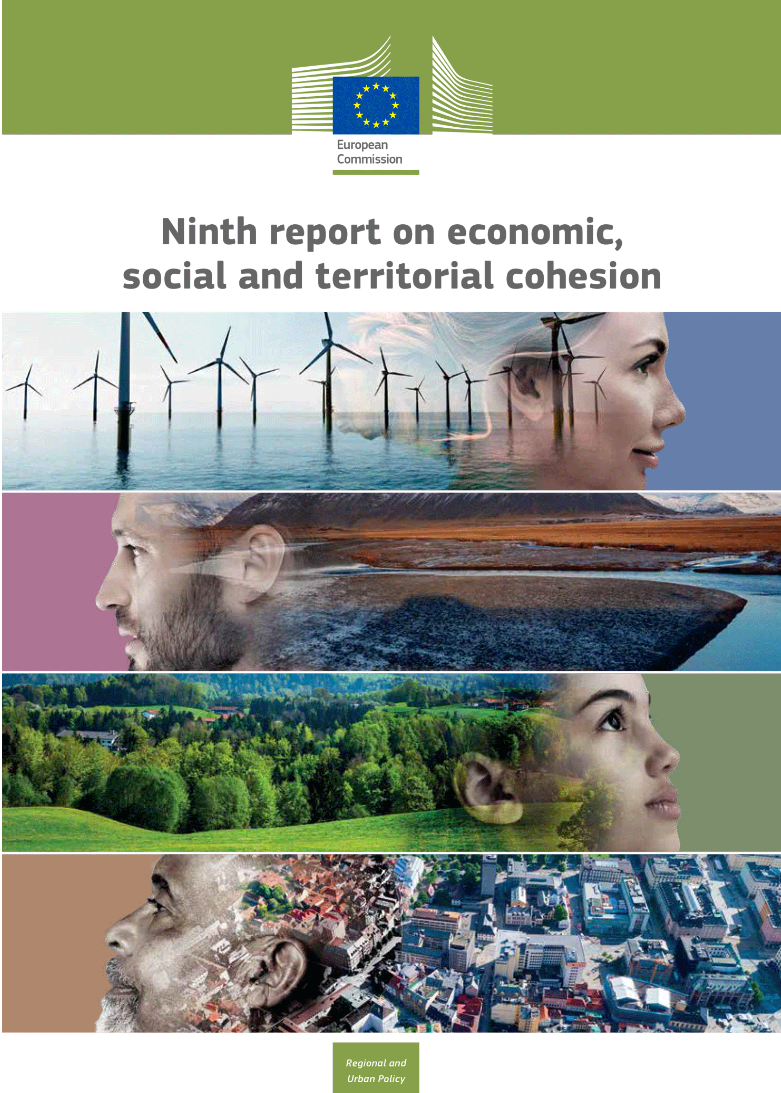The 9th Cohesion Report published by the European Commission on 27 March 2024 shows that the Cohesion Policy continues to narrow the gaps in EU regions and Member States. The report mentions that great strides have been made to reduce the gaps between the Member States and regions, strengthening the EU Single Market and making sure that the EU continues to invest in human capital and sustainable development.
The findings of the report also highlight the importance of macro-regional strategies and Interreg programmes in the Cohesion Policy. Concerning cooperation across EU regions as a factor for the achievement of a more balanced territorial development, the macro-regional strategies are appreciated as fostering innovation, development, and better governance.
Through Interreg programmes, the Cohesion Policy has supported interregional collaboration with the help of cross-border and transnational cooperation. The report mentions that strengthening regional cooperation at different levels should continue, mainly in delivering common public goods across borders, given the added value of supporting cross-border investments with the European budget.
Another significant role of the macro-regional strategies is the one they play in paving the way for the EU enlargement. It was duly noted that candidate countries participating in Interreg Programmes, in which they are equal partners and in macro-regional strategies, allow them to build their capacity to participate in Cohesion Policy programmes not only at the central but also at the local and regional level, so preparing them for accession.
The conclusions of the 9th Cohesion Report highlight significant achievements of the Cohesion Policy in terms of fostering upward economic and social convergence in the European Union. Challenges remain especially at the regional level, and these will be further impacted by structural transformations. Lessons learned from past implementation periods, and the interplay with other instruments, underline the need for further improvement of the design of the Cohesion Policy.
The report also mentions that a stronger and modernised policy is essential to fortify Europe’s growth model, to build an inclusive Union, and to deliver on the Treaty objective of economic, social and territorial cohesion.
***
Every three years, the Commission publishes its Cohesion Report. This report assesses the current state of play of the EU’s economic, social, and territorial cohesion, presenting the progress made and lessons learned, and showing the EU’s role as a driver for regional development.
The Report is data-driven: it analyses the evolution of cohesion according to a wide range of indicators, such as prosperity, employment, education levels, and governance.
A clearer picture of what has been achieved and what still needs to be done will guide EU policies and investments to help regions achieve balanced and sustainable long-term growth.





